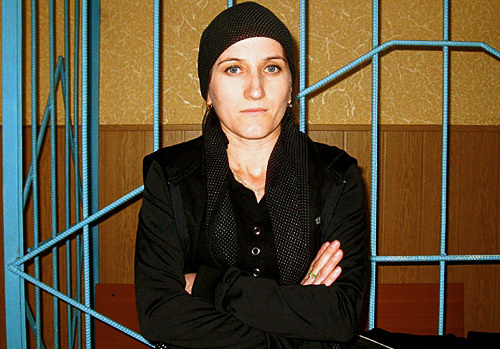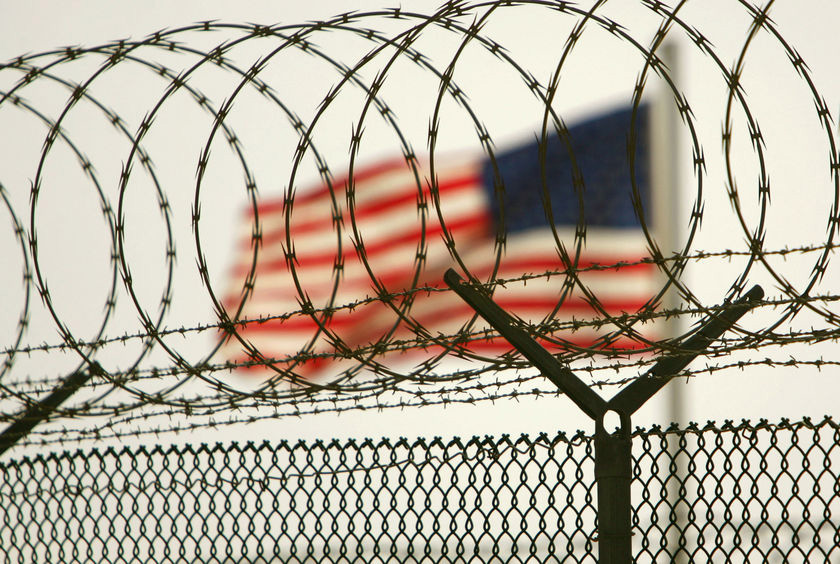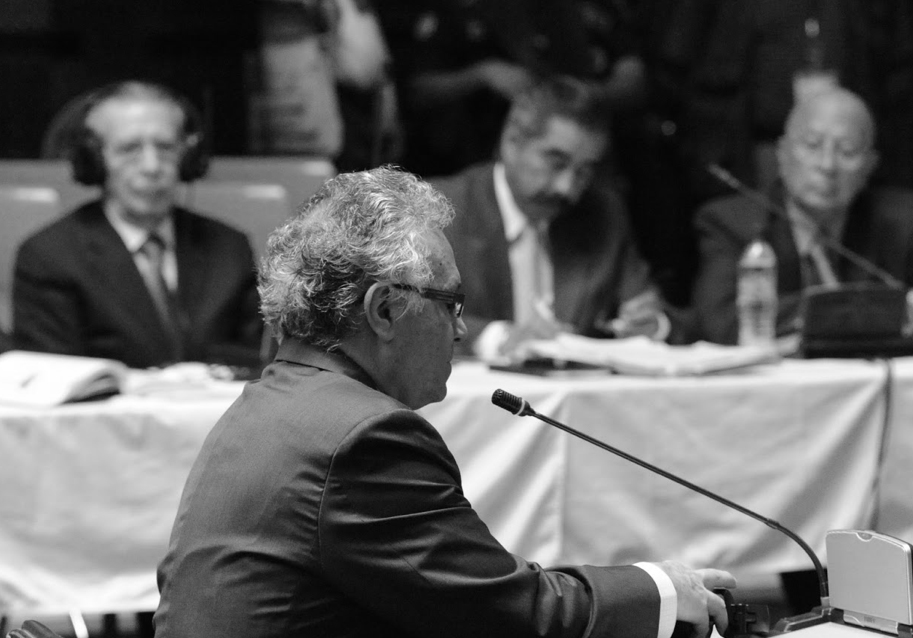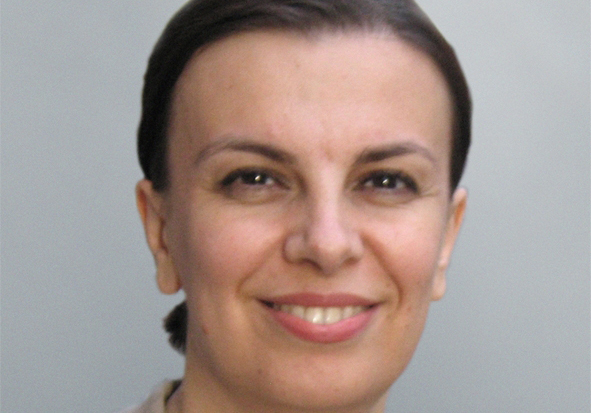
Jun 7, 2013 | News
The ICJ today expressed its grave concern at death threats received by lawyers Sapiyat Magomedova and Musa Suslanov.
The authors of the threats demanded that the lawyers cease their involvement in a case alleging the murder of five individuals.
The ICJ called on the authorities to take urgent protective measures to ensure the safety of lawyers who received these threats.
On 8 May, Sapiyat Magomedova and Musa Suslanov took on a case to represent relatives of a local parliamentarian, Magomed Gamzatov, his brothers Osman, Yusup and Gazidibir and their cousin Magomed Omarov. The men were killed by firearms in the city of Kizlyar, Dagestan, on 18 March.
According to relatives, the shootings resulted from a conflict of a personal nature. A criminal case was opened and several people arrested in relation to the killing.
However, the relatives of the victims have alleged that they have been subjected to continuous surveillance and pressure. Witnesses reportedly now fear to testify in the case.
From the start the lawyers began to be subject to intimidation, which included threats that their professional offices would be set on fire or blown up with the lawyers inside. Such threats were delivered through acquaintances of the lawyers.
On 19 and 20 may, after the two lawyers had announced a more proactive intervention in the case, including by inviting information from additional witnesses, the lawyers received text messages warning them that they should drop the case which was “their chance to stay alive”.
Another message demanded that they drop their involvement in the case and “not butt into something they should not do”.
The ICJ considers that there is an imminent risk to the lives and physical security of lawyers, especially taking into account the recent case of murder of a lawyer in Dagestan.
On 20 January 2012, a lawyer in Dagestan was shot to death with the alleged involvement of security forces. According to the information received by the ICJ, the case has still not been properly investigated and no one has been held accountable.
The ICJ recalls that under international law and standards, Russia has an obligation to protect the right to life of individuals where there is a real and immediate risk to the life of an individual from the criminal acts of a third party.
The UN Basic Principles on the Role of Lawyers provide that “where the security of lawyers is threatened as a result of discharging their functions, they shall be adequately safeguarded by the authorities”.
Effective measures to protect the lawyers should include security measures as necessary, such as police monitoring and guards. This issuance of death threats constitutes criminal conduct.
The ICJ called on the Russian authorities to promptly and thoroughly investigate these threats and to bring the perpetrators to justice in fair trials.
Lawyer-deaththreats-Russia-eng (download the statement in English)
Lawyer-deaththreats-Russia-rus (download the statement in Russian)
Contact:
Róisín Pillay, Director, ICJ Europe Programme, t +41 22 979 38 30; e-mail: roisin.pillay(a)icj.org
Temur Shakirov, Legal Adviser, ICJ Europe Programme, t +41 22 979 38 32: e-mail: temur.shakirov(a)icj.org

Jun 4, 2013 | E-bulletin on counter-terrorism & human rights, News
Read the 73rd issue of ICJ’s monthly newsletter on proposed and actual changes in counter-terrorism laws, policies and practices and their impact on human rights at the national, regional and international levels. The E-Bulletin on Counter-Terrorism and Human...

Jun 2, 2013 | Multimedia items, News, Video clips
Judges from Central America met in Guatemala on 4-5 June at the International Conference on Impunity and Independence of the Judiciary.
The conference was followed by a public debate on the role of judges in confronting the phenomenom of impunity.
The event was organized with the support of the Canton de Genève, Dan Churchaid and medico international.
Below, listen (in Spanish) to Ramón Cadena, ICJ Regional Director for Central America, who talks about the importance of this conference, and to judges Rubenia Galeano (Honduras), Juan Antonio Durán (Salvador), Carlos Oviedo (Nicaragua), Haroldo Vásquez (Guatemala) and Adriana Orocú (Costa Rica) who talk about impunity and the independence of the judiciary in their respective countries.
Ramón Cadena habla de la Conferencia Regional sobre Independencia Judicial y fenómeno de la impunidad en Centroamérica.
Rubenia Galeano (Honduras) habla del fenómeno de la impunidad y de la situación de la independencia judicial en su país
Juan Antonio Durán (Salvador) habla del fenómeno de la impunidad y de la situación de la independencia judicial en su país
Carlos Oviedo (Nicaragua) habla del fenómeno de la impunidad y de la situación de la independencia judicial en su país
Haroldo Vásquez (Guatemala) habla del fenómeno de la impunidad y de la situación de la independencia judicial en su país
Adriana Orocú (Costa Rica) habla del fenómeno de la impunidad y de la situación de la independencia judicial en su país

May 17, 2013 | News
On 16 May, the ICJ and Rechters voor Rechters (Judges for Judges) observed an appeal hearing at the Supreme Administrative Court (SAC) in a case against the dismissal of Judge Miroslava Todorova.
Judge Todorova, who had been serving on the Sofia City Court, is known for critical commentary on the problems in the judiciary in Bulgaria. In this hearing, the Prosecutor’s Office supported Judge Todorova’s appeal against her dismissal, but the Court has not yet issued its decision.
The ICJ previously raised concerns over Judge Todorova’s dismissal from her position of judge and as Chair of the Bulgarian Judges Association, in July 2012. The ICJ was particularly concerned at the disproportionate sanctions for delay of several reasoned cases, which is a problematic, but usual, practice among judges in Bulgaria.
The ICJ also expressed concern at the fact that the proceedings took place some six years after the limitation period ended. Further questions arose as to the composition of the Supreme Judicial Council (SJC), the body which both initiated the proceedings and conducted the hearing, and its independence in this case.
The trial observation mission consisted of Professor Doctor Günter Witzsch (Germany), who observed the trial on behalf of the ICJ, and Judge Janneke Bockwinkel (the Netherlands, on behalf of Judges for Judges). The ICJ and Judges for Judges will continue to follow the case of the dismissal of Judge Miroslava Todorova and will issue a detailed report following the issuing of the decision by the SAC.
For further information
Róisín Pillay, Director of the Europe Programme, roisin.pillay(a)icj.org
Temur Shakirov, Legal Adviser, Europe Programme, temur.shakirov(a)icj.org

May 7, 2013 | Advocacy, Legal submissions
The ICJ today submitted to the United Nations a written statement concerning corporate complicity in human rights abuses and access to justice for victims of such abuses.
The statement is made ahead of the UN Human Rights Council’s 23rd session (27 May to 14 June 2013) and comments on a report of the Council’s Working Group on human rights and transnational corporations and other business enterprises.
Setting out issues concerning obstacles to justice for victims of human rights abuses by business enterprises, the ICJ calls on the Working Group to take various steps to address such issues, including by:
- Exploring the further development of international standards;
- Raising specific allegations of corporate abuse with relevant State authorities and business enterprises; and
- Addressing more clearly the issue of access to justice in cases of corporate complicity.
HRC23-Item3-WGBHR-WrittenStatement-LegalSubmission-2013 (download statement in PDF)









